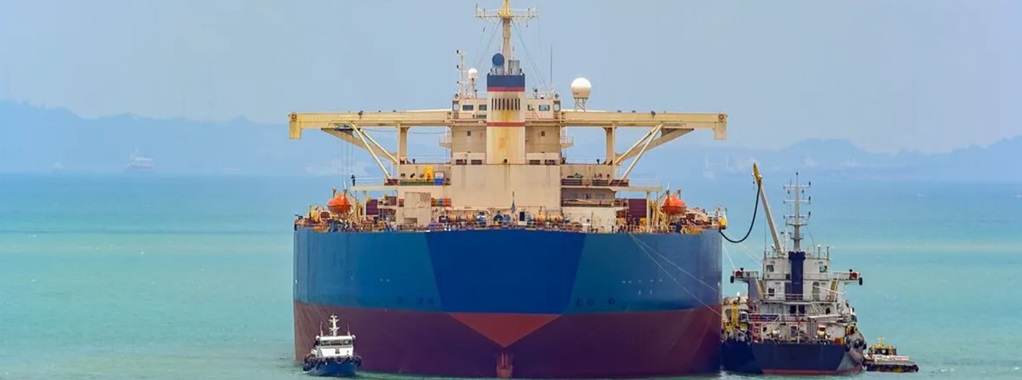The Royal Netherlands Standardization Institute (NEN) published the NEN 7427-1 standard for residual marine fuels that use fatty acid methyl esters (FAME) as a blend component.
Although biofuels have been used as blend components in the shipping industry for quite some time, there was no specific specification for this industry. The publication of the new NEN 7427-1 standard puts an end to this situation.
The marine industry is facing a major challenge on its mission to increase its level of sustainability. International organizations have recently set emission reduction targets for the industry. These targets can partly be reached by using fuels from biogenous sources, such as FAME (methyl esters of fatty acids, a kind of biodiesel). FAME has been commonplace in transport by road for many years. The EN 14214 and the ASTM D6751 specification apply to this. They are also used for marine fuel (in accordance with the ISO 8217 specification), although they were not developed specifically for the marine industry, but for road transport. NEN 7427-1 has been developed specifically for the marine industry.
The marine industry is an international industry. NEN 7427-1 serves as a springboard to facilitate and accelerate the introduction of biogenous products in this industry. The standard should become complementary to ISO 8217 (the standard for marine fuel) so that it will not only be possible to blend in FAME of a quality in accordance with EN 14214 or ASTM D6751, but to blend in M-FAME (marine FAME) as well. That is why NEN 7427-1 will soon be introduced within ISO and CEN, so that ISO 8217 may also enable M-FAME to be used in the future.
In February this year, the draft version of the standard was made available for the public consultation round in order to gather comments from organizations and experts outside the working group as well. These comments have been incorporated in the final version of the standard, which is available through the NEN standards shop, or through NEN Connect.
NEN 7427-1 was developed by the ‘alternatieve brandstoffen zeescheepvaart’ working group, consisting of Dutch and Belgian representatives of petroleum producers, biodiesel producers, shipping companies and other interested parties. Both the Netherlands and Belgium are global players thanks to their international ports. The working group is currently also working on a standard for FAME distillation residues (the residual products of the FAME production process). This will be NEN 7427-2. This standard is expected to go through a public consultation round late this year or early next year.
Tags: FAME, Marine Industry, NEN



Recent Posts
IMI Greater Noida Signs MoU with IME (I) to Launch A New Student Chapter
GCMD Completes World’s First Pilot Demonstrating Full Carbon Value Chain from Ship-Captured CO2 in China
NH3 Clean Energy Raises $710,000 to Advance WAH2 Clean Ammonia Project
Coventry University Collaborates with Indian Institutions to Advance Hydrogen Fuel Cell Education
Magenta Mobility partners with MOVER to power sustainable last-mile deliveries across India
Union Home Minister Amit Shah Visits Greenzo Energy’s Green Hydrogen Facility in Sanand
Godrej Enterprises Group (GEG) powers India’s smart, sustainable logistics future
Delhi Expands Electric Bus Fleet with Launch of 100 New DEVi Buses to Boost Green Mobility